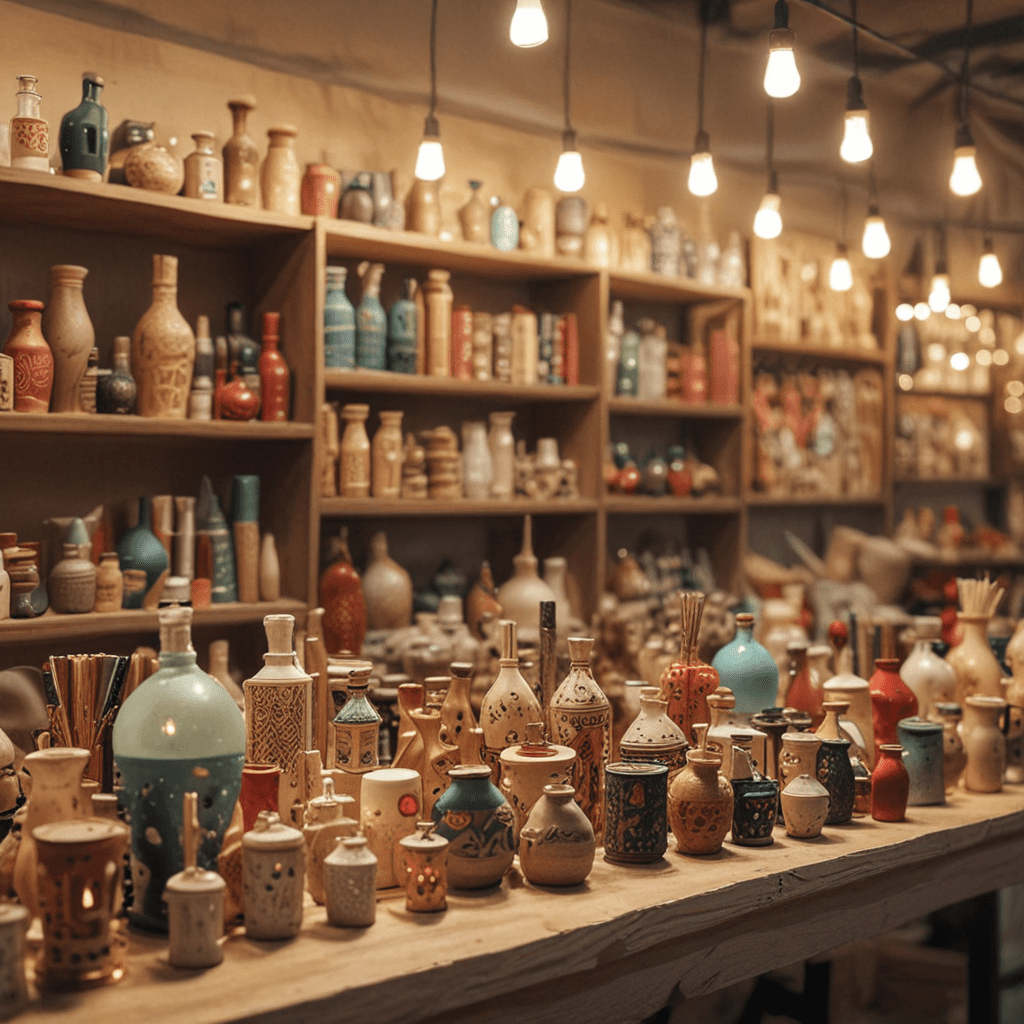Introduction
Nestled amidst the lush greenery of northeastern Bangladesh, Sylhet proudly holds the title of the “Tea Capital” of the nation. Renowned for its rolling tea plantations and aromatic teas, Sylhet has played a pivotal role in shaping the tea industry of Bangladesh. This captivating city invites tea enthusiasts and travelers alike to immerse themselves in the rich history, culture, and flavors of tea.
History of Tea Cultivation in Sylhet
The genesis of tea cultivation in Sylhet dates back to the mid-19th century when the British East India Company introduced tea plants to the region. Recognizing the favorable climate and terrain, the company established experimental tea gardens in Sylhet, marking the beginning of a thriving tea industry. Over the decades, tea cultivation expanded rapidly, transforming Sylhet into one of the major tea-producing regions in the world.
Geographical and Climate Conditions Favorable for Tea
Sylhet’s unique geographical location and climate provide ideal conditions for tea cultivation. Situated at the foothills of the Himalayas, the region benefits from abundant rainfall and well-drained soil, creating a fertile environment for tea bushes to flourish. The subtropical climate, characterized by warm temperatures and high humidity, further enhances the growth and quality of tea.
Economic Importance: Contribution to the Tea Industry
Sylhet's tea industry has played a significant role in the economic development of Bangladesh. It is estimated that Sylhet produces approximately 80% of the country's total tea output, making it the backbone of the national tea industry. The export of tea from Sylhet generates substantial revenue and contributes significantly to the country's foreign exchange earnings.
Social and Cultural Impact: Tea Communities and Festivals
Tea cultivation in Sylhet has shaped the social and cultural fabric of the region. Tea communities have flourished, with generations of families involved in the tea industry. These communities have developed unique traditions and practices that revolve around tea cultivation, processing, and consumption.
Sylhet is also renowned for its vibrant tea festivals, which showcase the cultural heritage and significance of tea. The annual Bangladesh Tea Festival is a major event that attracts tea enthusiasts and visitors from around the world. These festivals offer a glimpse into the history, production, and enjoyment of tea, while celebrating the rich traditions associated with this aromatic beverage.
Tea Tourism and Heritage Trails
Sylhet has emerged as a popular destination for tea tourism. Visitors can embark on heritage trails that take them through historic tea estates, offering insights into the history and processes of tea production. These trails provide an immersive experience, allowing visitors to witness the lush tea gardens, interact with tea plantation workers, and learn about the various stages of tea cultivation and processing.
Environmental Sustainability and Tea Production
Tea cultivation in Sylhet is closely intertwined with environmental sustainability. Many tea estates have adopted eco-friendly practices to minimize their impact on the environment. They emphasize soil conservation, water management, and responsible use of pesticides and fertilizers. These initiatives ensure the long-term viability of tea production while preserving the natural ecosystem.
Conclusion: Significance of Sylhet as the Tea Capital
Sylhet's remarkable contribution to the tea industry has earned it the distinction of being the "Tea Capital" of Bangladesh. With its favorable climate, skilled workforce, and rich cultural heritage, Sylhet has played a pivotal role in shaping the nation's tea landscape. The tea gardens, tea communities, and festivals of Sylhet offer a captivating experience for travelers, while the industry continues to drive economic growth and preserve local traditions. As the tea capital, Sylhet proudly represents the essence of this beloved beverage, connecting Bangladesh to the global tea community.
FAQ
1. What is the best time to visit Sylhet's tea gardens?
The ideal time to visit Sylhet's tea gardens is during the cooler months, from October to March. During this period, the weather is pleasant, and the tea bushes are in full bloom, offering a picturesque view.
2. Are there any guided tours available for tea gardens in Sylhet?
Yes, most tea estates in Sylhet offer guided tours to visitors. These tours provide insights into the history, cultivation, and processing of tea, and often include a visit to the tea factory and a tea tasting session.
3. Can visitors purchase tea directly from the estates in Sylhet?
Yes, visitors can purchase various types of tea, including black tea, green tea, and specialty blends, directly from the tea estates in Sylhet. These teas are often freshly packed and offer a unique flavor profile.
4. What other activities can visitors enjoy in Sylhet besides visiting tea gardens?
In addition to visiting tea gardens, Sylhet offers a range of other attractions, including picturesque waterfalls, lush forests, historical monuments, and vibrant local markets. Visitors can also enjoy boating on the Surma River and indulge in the region's delicious cuisine.



